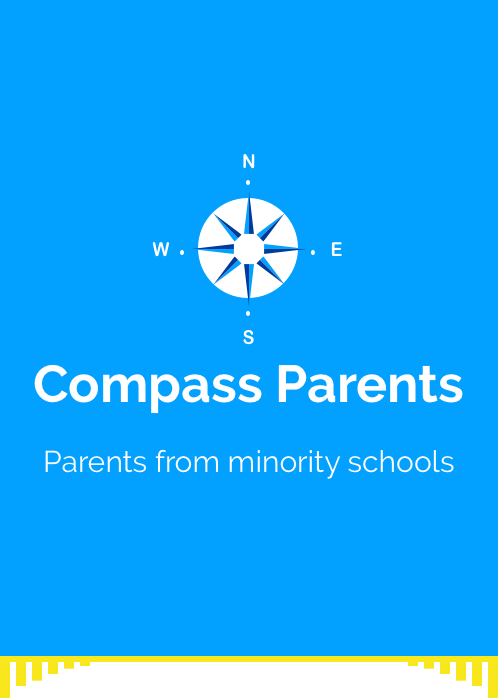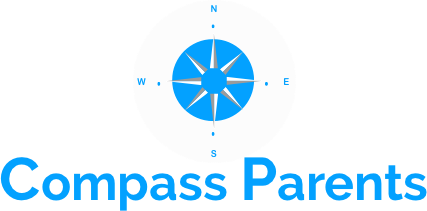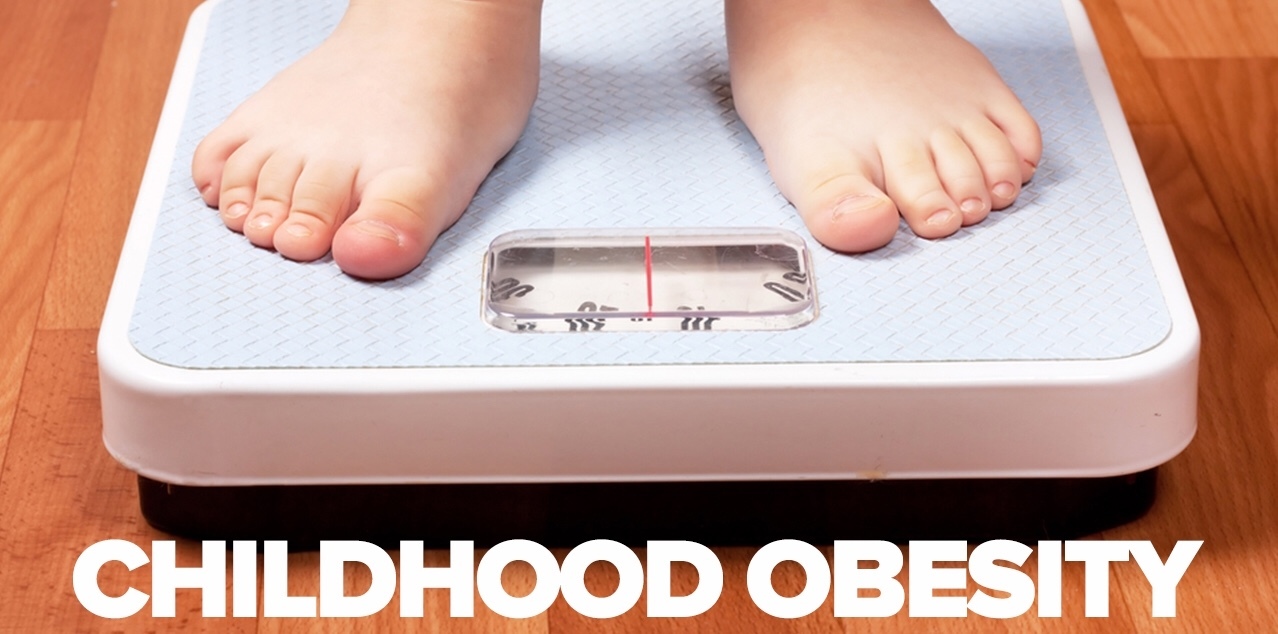NPCpp – Working towards a better education system for all
Written opening statement to the Joint Committee on Children and Youth Affairs on the topic of Tackling Childhood Obesity.
The National Parents Council Post Primary (NPCpp) are grateful to the Joint Committee for the opportunity to make this opening statement on behalf of parents of students attending post-primary schools in Ireland.
Obesity is a national problem causing significant difficulties for our children and with major knock on costs to the state in health care.
We suggest that, to address this, we must act on a societal basis and that government agencies, educators, families and communities must work together to educate our children, their parents and the society we live in. We must teach an understanding of the dangers of obesity and how we can move towards addressing these issues to effectively deal with this very real problem.
The facts about childhood obesity
General facts:
A variety of respected experts and studies in Ireland and abroad indicate that:
- 1 in 4 Irish children are identified as overweight or obese.
- Obese children are likely to become obese adults.
- Parent's find it difficult to recognise when their child's weight is not healthy.
In relation to physical activity -
Studies by Prof. Donal O’Shea and other experts working in the field show that:
- 4/5 children in the Republic of Ireland do not meet Government Physical Activity Guidelines.
- Children are spending almost 3 hours a day watching television and using their mobile phones and tablets. This time is well above the 2 hour limit recommended by the American Academy of Paediatrics.
- Preschool children in Ireland watch an average of 2 hours 9 minutes television a day
- 34% of preschool children have a TV in their bedroom.
Regarding children’s diets:
- Many children’s daily intake does not meet the dietary recommendations for fruit and vegetables and exceed those indicated for saturated fat or sugar.
- 1/5 of the energy intake from a child's diet comes from sugary drinks, biscuits, confectionary, chocolate and cake. [http://www.safefood.eu/Start/Facts.aspx]
Socioeconomic disadvantage is also identified as a contributor:
- Prof O’Shea also reports that in areas of socio-economic disadvantage, the ratio of healthy food outlets and supermarkets as opposed to fast food outlets is skewed towards the latter.
- And that 12% of 3-year-olds in socially deprived area are obese while 4% of 3-year-olds in better-off areas are obese. That’s a massive disparity by the age of 3.
The social justice element, and the health inequality of childhood obesity is identified as one of the biggest challenges to be addressed.
What has been done already
We believe that the sugar tax on soft drinks which was introduced in May is a step in the right direction.
We know that consumption of SSDs (sugar sweetened drinks) is associated with obesity and we know that well designed taxes can be effective in discouraging consumption of these drinks. [Dr. Michelle Queally, https://www.rte.ie/eile/brainstorm/2017/1207/925641-what-effect-will-the-tax-on-sugary-drinks-have-on-obesity/]
The Childhood Obesity Surveillance Initiative (COSI)
Last year the Health Service Executive in conjunction with the National Surveillance Centre in UCD published the COSI. The findings indicated that we still have a significant way to go in creating environments in our homes, schools and communities where every child has the potential to grow and develop healthily from birth into adulthood.
“The HSE’s ten steps forward in the Healthy Weight for Ireland: Obesity Policy and Action Plan requires steps to be taken across multiple sectors and includes actions such as:
- reformulation of food products to reduce sugar, fat and salt levels.
- reducing exposure to marketing and promotion of foods high in fat, salt and sugar along with fiscal measures such as the sugar tax.
- increasing access to free drinking water in schools.
Looking to the future
We believe that, together with the necessary steps to curtail the consumption of ‘problem’ foods and beverages we must educate our society by working together towards a common goal.
We suggest that schools and community venues can host informative parents' evenings to educate parents on how to reduce the use of sugar and ‘problem’ foods in the home. This would help parents to make the right choices in the home which would hopefully guide their children in turn to make better decisions when eating during the school day.
Tackling childhood obesity on a ‘united front’ will, we feel, be most successful in guiding children and parents to make better choices. Snacks available during the day must be monitored.
‘Fast Food’ outlets close to schools have been identified as potential risk factors and we should be aware and careful of what ‘snack foods’ are available in the vicinity of our schools.
Serious consideration should be given to a ban on vending machines that contain ‘problem’ foods and snacks in schools and public places where children congregate. At the very least in these areas, ‘problem’ snacks in vending machines should be replaced with healthy offerings. A better alternative would be for healthy snacks to be sold in the school canteen or tuck shop where stock and purchases can be monitored, with information, guidance and benefits indicated to children when purchasing them.
More physical activity after school and in free time should be encouraged and catered for. Adults in our communities should lead by example. Avoid the car and walk to school in the mornings where safe to do, or head out for a family cycle in the evenings or at weekends in the local park.
Facilities to pursue such outdoor exercise must be made available in all communities.
We should strive to ensure that we assist our educators to inform and encourage our children and families to follow healthier lifestyles. We need to provide:
- Advice on healthier lunches and menus at school and home. Activities to demonstrate and teach how this can be achieved.
- Education aids and sessions for children and parents about nutrition, focusing on preparing a balanced and healthy diet.
- Facility and infrastructure for exercise, sport/dancing in or after school in the local community
- Encouragement towards physical activity as a social and family entertainment option. Active families are healthier families (and cost the state considerably less in the long run!).
What we do in our homes, schools and communities to help build healthy habits for all children and families is vital to our efforts to prevent childhood obesity. These are the critical habits that will help those children who are a healthy weight now stay a healthy weight and those who are overweight or obese to achieve a healthier weight as they grow and develop.
An interesting article in the Irish Independent recently reported on how the Dutch are tackling childhood obesity in a holistic way and may provide some insight into simple things that can be introduced. Some of the main pointers were:
- The children are screened by local government once a year. Their weight and height are measured confidentially.
- Children get a sport participation review, which looks at how many sports they are involved in during school and after school in the community.
- The students attend PE classes twice a week. Evening activities at the school are varied and include after-school judo, basketball and dancing.
- The children are taught how to cook and read food labels.
- Every month, a group of students are chosen to form a team to cook and sell one lunch for the school. The group of year eight students (11 or 12-year-olds) research and cook their chosen healthy dish, learn about its nutritional content, and they also learn to budget for their groceries.
- During school time they have cooking lessons with the teachers and parents. The parents are involved in making the food and they choose the recipes and think about how to make it healthier.
- The only drinks the students can bring into school are water and milk. For lunch, the children are not allowed to bring in last night’s takeaway leftovers!
- Schools were advised to ban fruit juices, and unhealthy treats for students’ birthday celebrations.
[Geraldine Gittens, Independent.ie, April 21 2018, https://www.independent.ie/life/this-is-how-the-dutch-are-tackling-childhood-obesity-its-simpler-than-youd-think-36794111.html]
Stigmatization:
We must bear in mind that all children are sensitive beings. It is important that our guidance and advice in relation to obesity and healthy living is understanding and caring.
Those on which NPCpp are focussed are also young adults and we therefore must be careful not to just dictate! We must involve our children and their parents in the process. Leading by example will be more useful than enforcement at this age.
Care should be taken to ensure that any obesity prevention work that is carried out in our schools and society does not stigmatise overweight children or introduce children to thoughts of negative body image. The focus should be on the health of the children and not their weight.
Conclusion
Although the focus of the NPCpp is obviously on Post Primary children, we suggest that the root of the obesity problem may often begin in earlier years.
We believe that the best solution can be achieved through a holistic plan being put in place to assist our educators, families and communities to address this serious issue together.
NCPpp believe that existing green spaces, parks and playing fields must be preserved for leisure purposes and not closed or sold off by agencies or government departments for non-leisure purposes.
All schools must have PE facilities in their schools and all classes must be timetabled for PE each week.
We suggest that the use of state Healthcare and Education resources in the battle against obesity would be advisable and productive. Prevention is better than cure. We should focus on the health of our children from an early age with funds being invested in health education at Preschool and Primary schools as well as Post-Primary facilities. This would change lifestyle and health in Ireland for the better with the accompanying benefits of a significant reduction in the overall cost of healthcare to the state.
NPCpp are keen to play our part in the development of a plan and strategy towards a healthier society in which our children can live and learn. Thank you.


